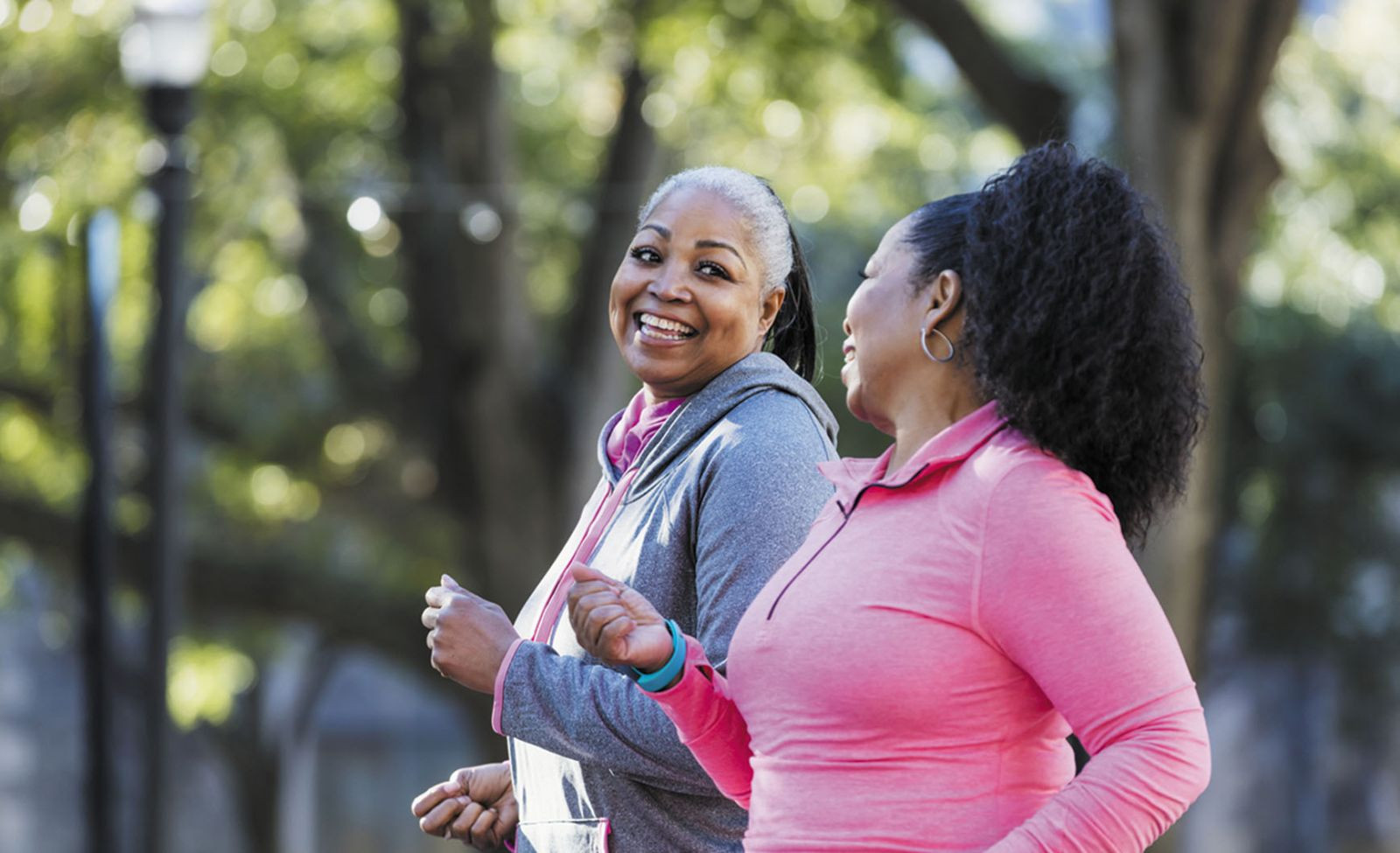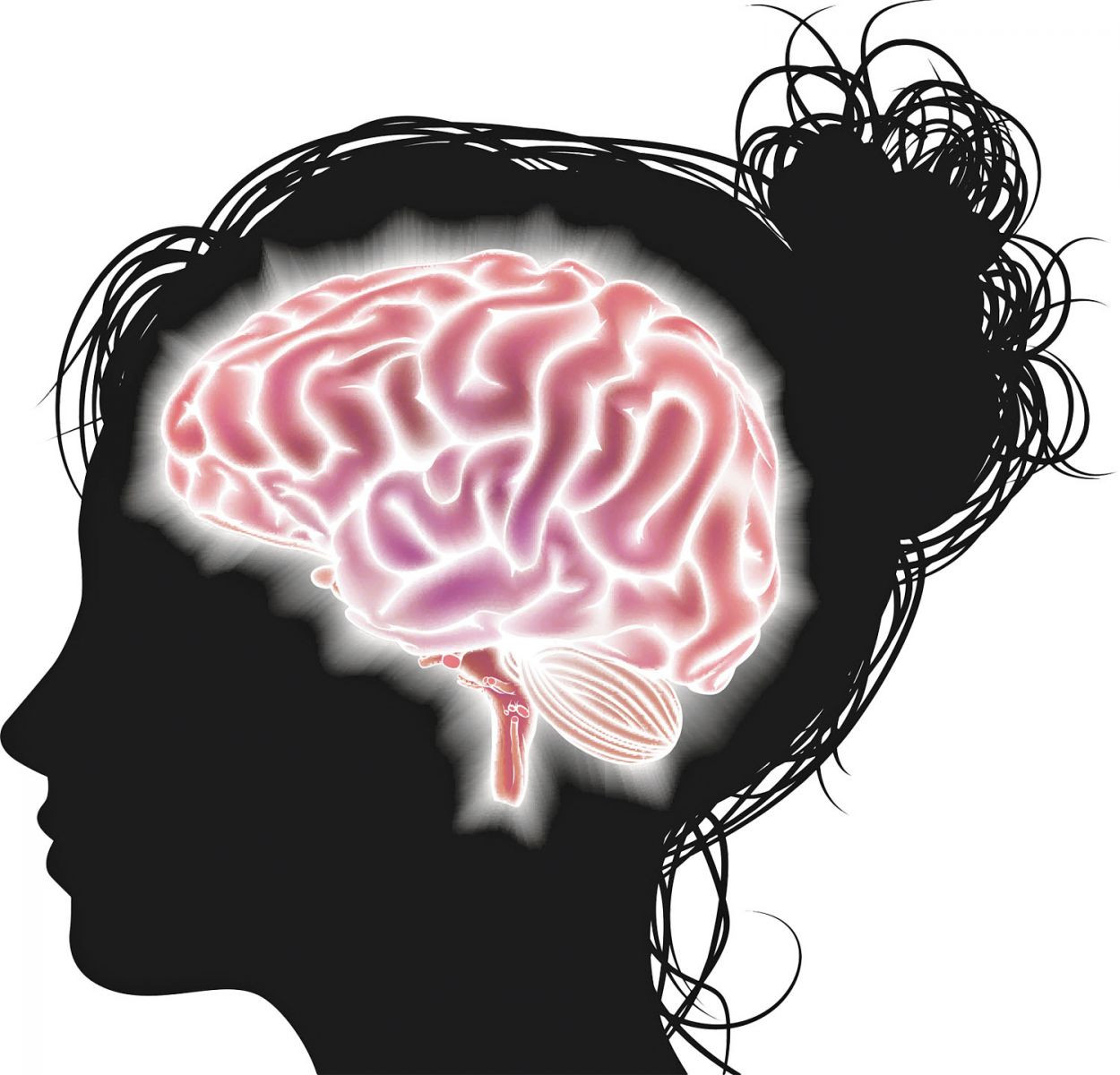
New thinking about plaque in arteries that feed the brain

Want to prevent shifting teeth? Maybe you need retainers

New evidence that polyphenol-rich foods help the heart

What you need to know about the new dietary guidelines

Food that’s healthier for people and planet can be cheaper, too

What are somatic workouts?

How to curb your stress eating

8 simple ways to reduce ultra-processed foods in your diet

How to spot Parkinson’s disease symptoms

Heart failure symptoms in women: How they’re different
Mental Health Archive
Articles
Broader social interaction keeps older adults more active
In the journals
A strong social life has been linked with many health benefits, like less risk of depression and longer life span. But a new study suggests that interacting with a wide range of people may offer even greater benefits.
The study, published Feb. 20, 2019, in The Journals of Gerontology, Series B: Psychological Sciences and Social Sciences, found that older adults who interacted with people beyond their usual social circle of family and close friends were more likely to have higher levels of physical activity, greater positive moods, and fewer negative feelings.
Meditation: There's an app for that
This age-old relaxation method can bring health benefits, and there are many tools to help get you started.
These days it seems like there's an app for almost everything you can do for your health, from tracking your diet and exercise to charting your sleep patterns. So, it's no surprise that there's been a surge in apps to help with meditation, an ancient practice designed to help you focus inward to promote relaxation.
In fact, Apple designated "self-care" — a category that includes meditation, mindfulness, and general wellness — as the 2018 "app trend of the year." This mirrors growing interest in meditation as an overall health strategy, a movement likely driven by a growing body of research showing potential health benefits from the practice.
Left behind after suicide
People bereaved by a suicide often get less support because it's hard for them to reach out — and because others are unsure how to help.
Every year in the United States, more than 45,000 people take their own lives. Every one of these deaths leaves an estimated six or more "suicide survivors" — people who've lost someone they care about deeply and are left with their grief and struggle to understand why it happened.
The grief process is always difficult, but a loss through suicide is like no other, and the grieving can be especially complex and traumatic. People coping with this kind of loss often need more support than others, but may get less. There are various explanations for this. Suicide is a difficult subject to contemplate. Survivors may be reluctant to confide that the death was self-inflicted. And when others know the circumstances of the death, they may feel uncertain about how to offer help. Grief after suicide is different, but there are many resources for survivors, and many ways you can help the bereaved.
Breathing lessons
Learning to "belly breathe" helps ease your body's response to stress and tension.
The average person takes between 17,000 and 23,000 breaths per day, but there is a good chance we don't always breathe the right way. Chalk it up to how we deal with stress.
"When we feel something as a threat, our fight-or-flight response automatically kicks in," says Dr. Katherine Rosa, with the Harvard-affiliated Benson-Henry Institute for Mind Body Medicine. "Our breathing becomes more rapid and shallow and our hearts beat faster, all of which prepares us to run away from the threat."
More evidence that exercise can boost mood
Running for 15 minutes a day or walking for an hour reduces the risk of major depression, according to a recent study.
It may be possible to outrun depression, according to a study published online January 23 by JAMA Psychiatry.
"We saw a 26% decrease in odds for becoming depressed for each major increase in objectively measured physical activity," says study author Karmel Choi, a clinical and research fellow at the Harvard T.H. Chan School of Public Health. "This increase in physical activity is what you might see on your activity tracker if you replaced 15 minutes of sitting with 15 minutes of running, or one hour of sitting with one hour of moderate activity like brisk walking."
Chronic inflammation may put your brain at risk
Research we're watching
Not only might chronic inflammation affect your heart health, but it could also lead to cognitive decline, according to a study published in the February issue of Neurology. Researchers measured inflammation in more than 12,000 middle-aged adults, assigning each a composite score using four inflammation-related biomarkers found in the blood. They then assessed the cognitive function of the participants in three separate visits over the next 20 years. They found that after adjusting for demographic and other variables, inflammation appeared to be associated with increased cognitive decline. People in the study who had higher inflammation scores experienced 7.8% greater cognitive decline when compared with study participants who had lower scores.
Image: © ChrisGorgio/Getty Images
Mother’s Day: Tools for coping when celebration brings pain
Mother’s Day is meant to be a day of celebration. But for many women it can also be a day of discomfort. Tools for coping may make this easier to manage.

New thinking about plaque in arteries that feed the brain

Want to prevent shifting teeth? Maybe you need retainers

New evidence that polyphenol-rich foods help the heart

What you need to know about the new dietary guidelines

Food that’s healthier for people and planet can be cheaper, too

What are somatic workouts?

How to curb your stress eating

8 simple ways to reduce ultra-processed foods in your diet

How to spot Parkinson’s disease symptoms

Heart failure symptoms in women: How they’re different
Free Healthbeat Signup
Get the latest in health news delivered to your inbox!
Sign Up











